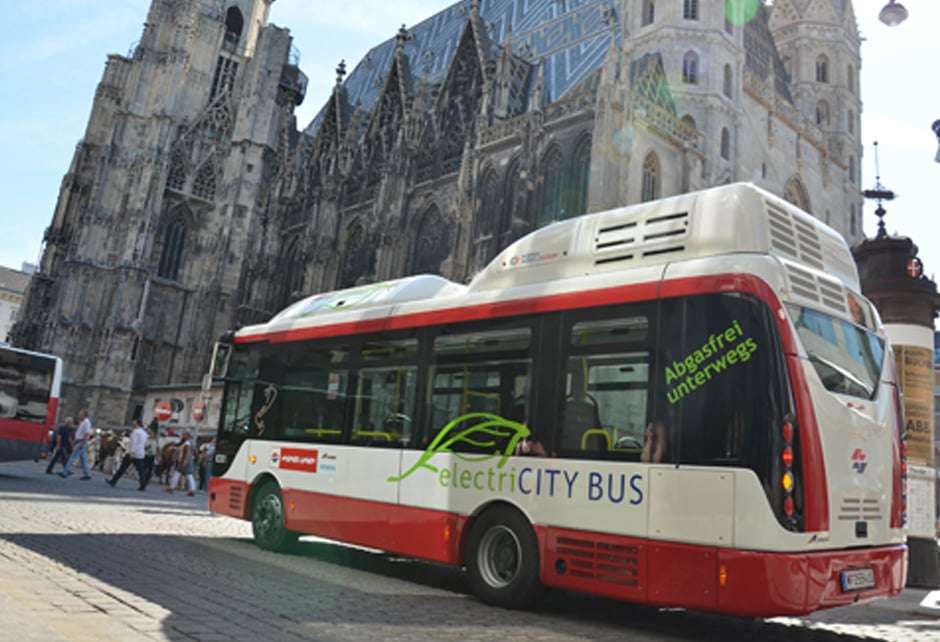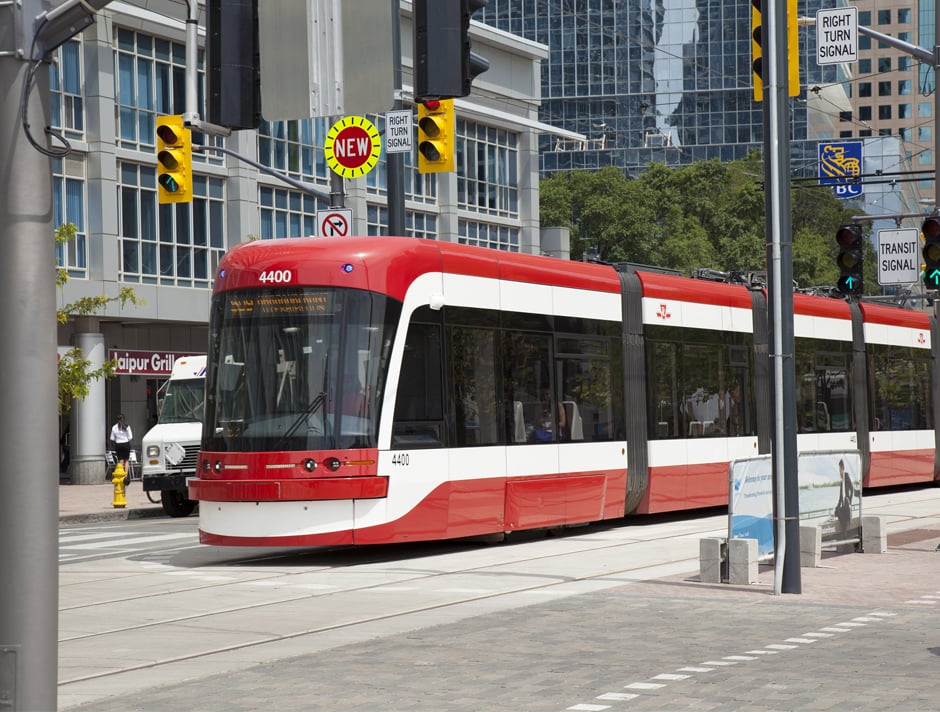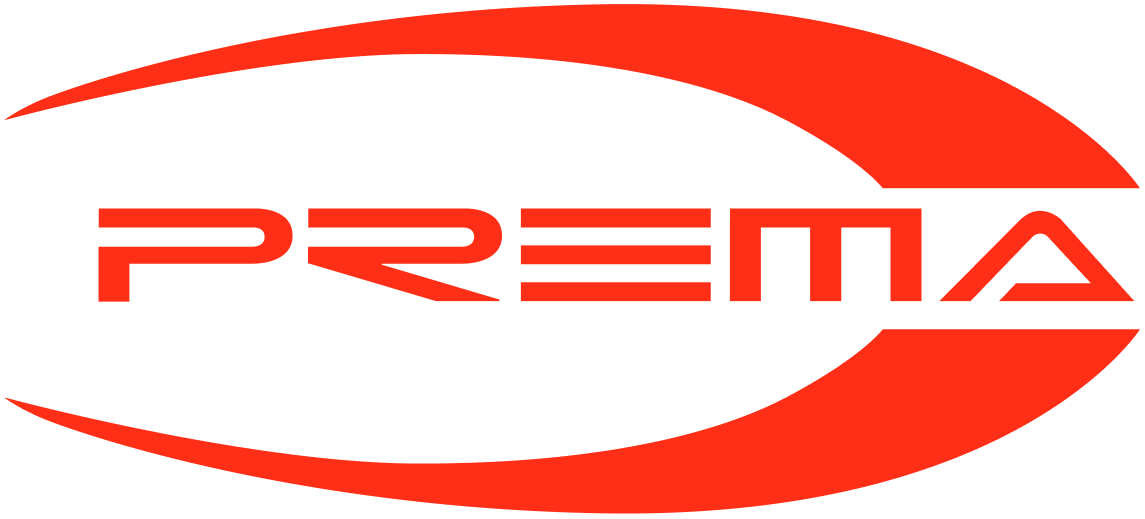First of all, the type of request: often the requested interventions consist of the replacement of a compressor which is no longer efficient, with all the difficulties involved in integrating a new machine in a previously configured set-up. In addition, vehicle applications differ considerably: from vehicles used for urban transport, road or rail, to commercial vehicles or special vehicles. And each vehicle requires specific air flow rates and pressures, which would affect the sizing of the compressor.
Finally, we must consider the environmental conditions in which the vehicle will operate: the continuous stress caused by movement, the change in temperature depending on the seasons, the possible moisture that increases the risk of corrosion in the presence of dust and dirt. Despite all these problems, the compressor must guarantee constant levels of reliability, performance and safety for the use it is designed for.

Basically all vehicles exploit compressed air to power different pneumatic systems, such as the brake system, the suspensions or the opening of doors on vehicles used to transport persons. But there are also other special uses. To meet the specific needs of the vehicle sector, in the early ‘90s Mattei spA started developing its range of RVM compressors.
Over the last five years it has focused its efforts on the strategic development of solutions ..... Design with attention to detail, the high standards of design and assembly, the quality of the components used and the high-tech machining put Mattei's compressors at the top of their class.
“Despite this extensive range of dedicated compressors, in almost all cases our models must be tweaked and dimensioned in relation to the compressed air flow rates and the operating conditions required- states Engineer Giorgio Fumagalli, Technical Director at Ing. Enea Mattei SpA - In the transit sector the level of customisation is exceptionally high and is the result of a functional compromise to find the best interaction among the components”. The most frequent adaptations refer to the thermal balance, due to the considerable stress that compressors undergo when the seasons change, or the operating cycle, in the presence of very dusty workplaces. In the first case, for example, we have to tweak the cooling system to adapt the device to a certain range of temperatures; in the second case, however, we have to boost the filtration system.

The adjustments are performed directly by Mattei or by our authorised distributors. “The parent company and local distributors work together in a synergic manner. Very often, especially when there is a considerable geographical distance between us and the customer, the presence of a local middle is essential to provide the best possible service: from consulting to installation, from training to maintenance” explains Eng. Fumagalli. This is the case of the Hungarian distributor Ganzair: “we recommend Mattei compressors for most of the applications, which distinguish themselves for their reliability, low maintenance costs and their silent operations, which is a key requirement in the transit sector (confirms Tibor Toth, manager at Ganzair). In 70% of all cases, Mattei compressors are proposed for vehicle applications and, in particular, for railway vehicles, where the compressors deliver air to the braking system and the door opening systems, or for earth moving machines”.
From Vane Magazine 3, July 2015












